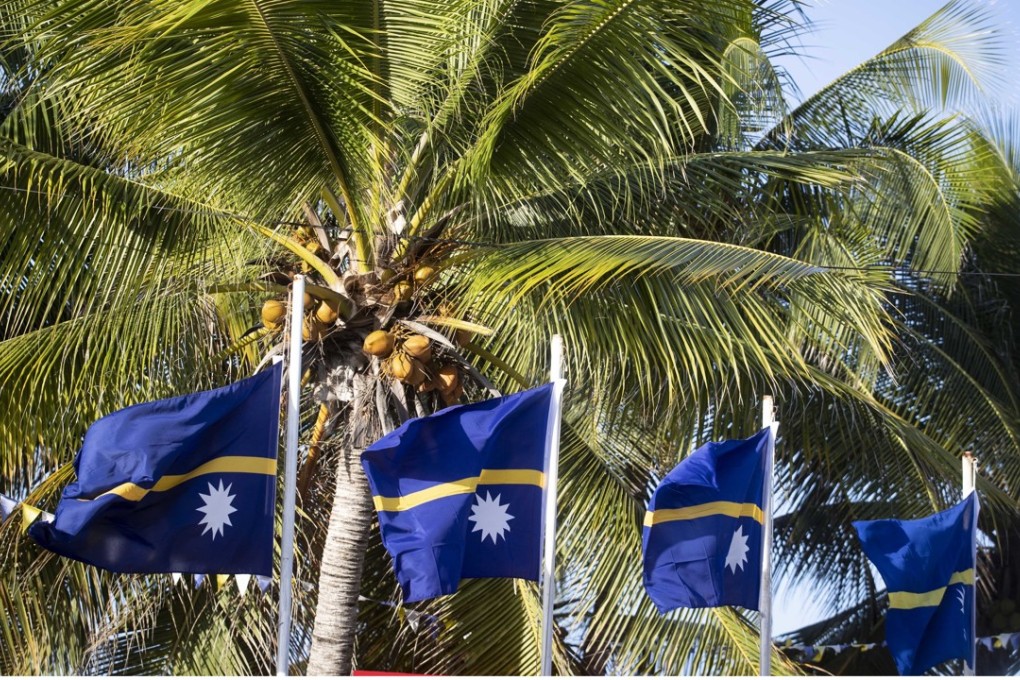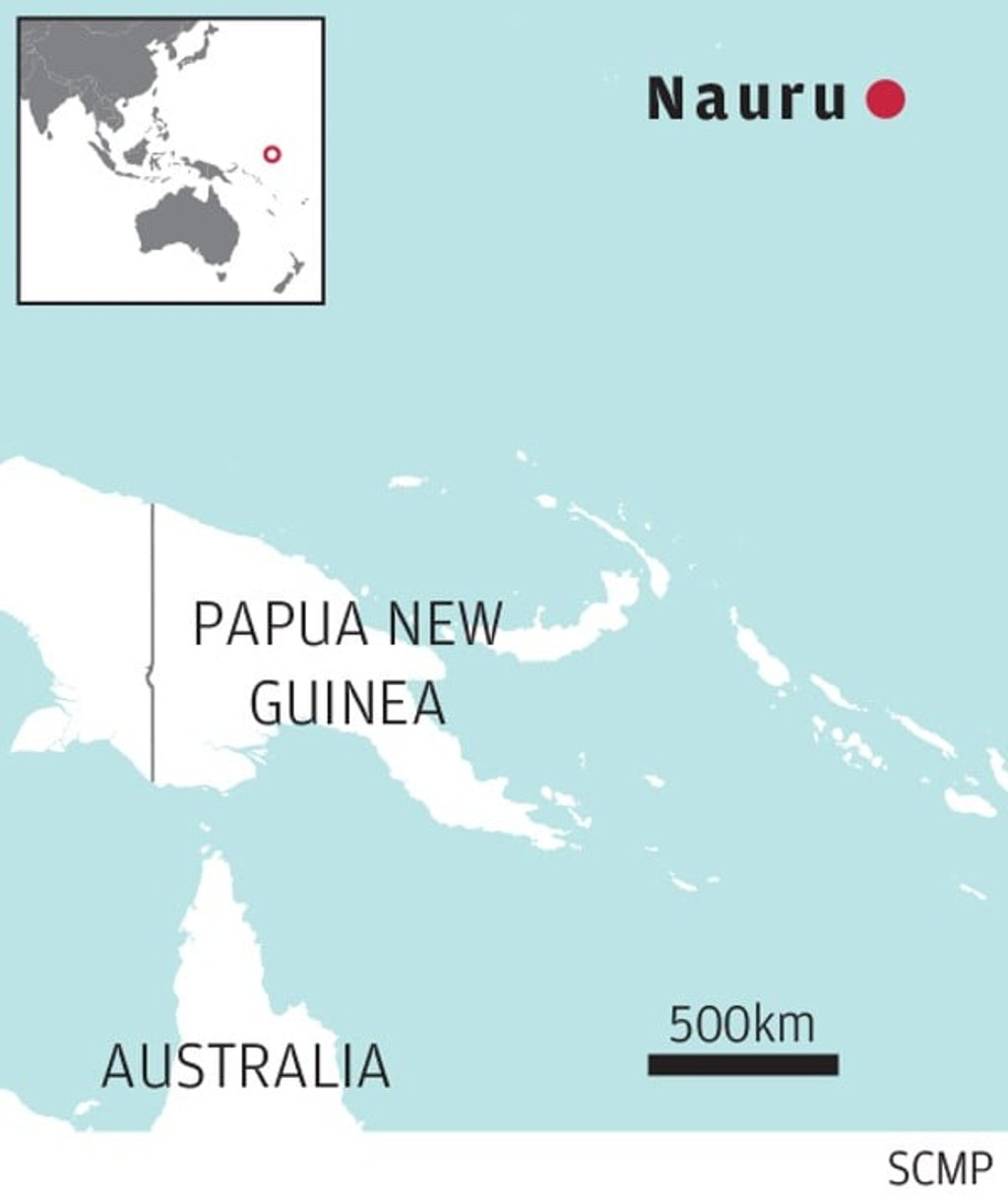Taiwan ally Nauru’s snub to Beijing threatened to derail Pacific summit
Tiny island nation tries to turn tables on world’s largest country by refusing to stamp Chinese diplomatic passports

A visa row between China and host nation Nauru almost derailed the Pacific’s largest annual diplomatic summit, it emerged on Tuesday, exposing sensitivities about Beijing’s rising influence in the region.
As formal discussions began at the 18-nation Pacific Islands Forum, leaked letters revealed some members threatened to boycott the meeting over Nauru’s treatment of Chinese delegates.
Nauru does not have diplomatic relations with China, instead recognising self-ruled Taiwan, which has paid for much of the infrastructure being used to host the PIF summit.
Beijing and Taipei have vied for diplomatic influence in the Pacific for decades, with both sides offering aid and support to small island states in return for recognition.
In an apparent bid to tweak the nose of Chinese delegates, Nauru refused to stamp entry visas into their diplomatic passports, instead saying it would only process their personal passports.
